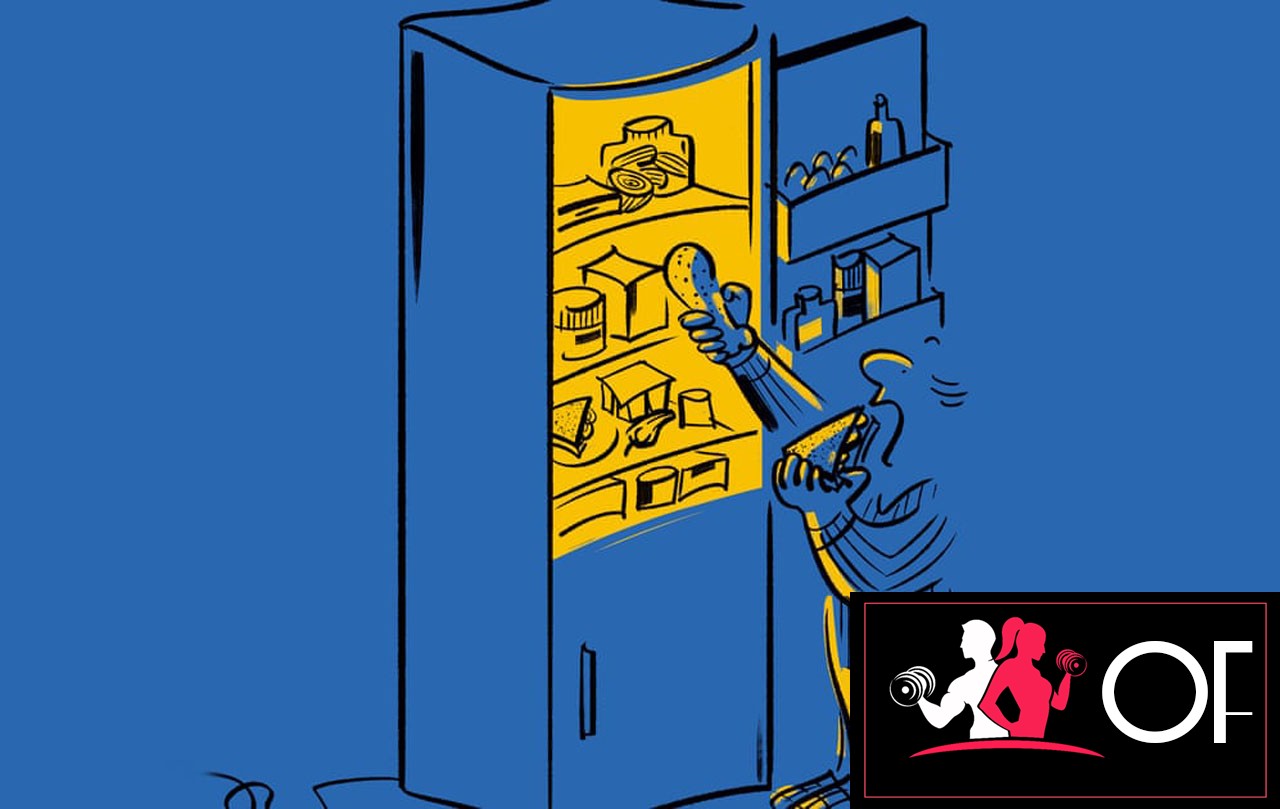When did you final eat? Did you “breakfast like a king” because the saying goes, or skip it to hit a 14-hour quick? Whereas “good” and “unhealthy” meals have been ingrained in us from an early age, there’s extra to consuming than merely what’s on our plates. “Timing is an important issue,” says Jeannette Hyde, dietary therapist and creator of The ten Hour Weight loss program. “Trying on the optimum occasions to eat may also help your weight, but in addition brings down irritation and helps you sleep higher.”
Intermittent fasting has rocketed in reputation through the years, from the 5:2 food regimen (the place you eat usually for 5 days, and closely prohibit your calorie consumption on the others) to aligning mealtimes with our circadian rhythms (the physique’s inside clock) and time-restricted consuming. It’s the latter Hyde has adopted, consuming meals inside a 10-hour time window and fasting for 14 hours in a single day – “Some individuals will begin at 8am and end at 6pm, others begin at 10am and end at 8pm” – to enhance her metabolism and intestine well being.
Nutritionist Rhiannon Lambert, in the meantime, believes it’s extra what you eat than when. “Your diet is a lot greater than a time schedule or a quantity [of meals],” she says. “The meals you select to devour on a day-to-day foundation may have a knock-on influence in your general well being.” A balanced plate, Lambert provides, ought to embrace a handful of carbs (rice, pasta, spelt, barley, for instance), an outstretched handful of protein (hen, salmon, pulses, tofu), two handfuls of veg (selection is nice), and a thumb-sized portion of fats (olive oil for cooking), however what number of meals you select to eat, and their dimension, comes down to non-public desire, way of life, and well being targets. If, for instance, somebody had a physique fat-loss objective and was extra sedentary within the night, Lambert suggests {that a} smaller portion at dinner than lunch would make sense.
What we do know, in line with Dr Tim Spector, professor of genetic epidemiology at King’s Faculty London, is that the present NHS pointers that try to be consuming small meals typically all through the day is “utterly disproven” now. “Generally, snacking is unhealthy as a result of it produces further sugar and fats peaks, and due to this fact results in sugar dips and extra starvation, so that you’ll eat extra on the subsequent meal.” That stated, a ZOE Well being examine, which requested one million individuals about their snacking habits, discovered snacking affected these on a good-quality food regimen lower than these on a poor-quality food regimen.
Snacking can, nevertheless, be helpful for some, says nutritionist Jenna Hope. “If we go for lengthy durations with out consuming, we’re more likely to overeat, and that’s as a result of blood sugar ranges fall, so we really feel like we’re far hungrier than we’re.” This could result in consuming extra quickly, too, so being conscious and observing the senses may be an essential device. “Nobody goes to make any cash from telling individuals to decelerate and chew their meals correctly,” says Hyde. “However in the event you sit at a desk, with out your cellphone or the TV on, be current and chew every mouthful, get pleasure from it, consider the flavours and texture, you can be in tune along with your physique and begin to recognise whenever you’re full.” It takes about 20 minutes for these starvation hormones to change on, Hyde provides, so take your time and also you “received’t have room for that KitKat afterwards”.
Then, take into account the hole between your final chew and going to sleep. “You need to cease consuming round two hours earlier than mattress,” says Hope. If you happen to don’t, the digestive tract is “working laborious to metabolise your meals and take up vitamins slightly than secreting and absorbing the sleep hormone, melatonin”. Various life can, in fact, make this tough, one thing Michelin-starred chef Tom Kerridge, who misplaced 12 stone in 5 years, can relate to. “The kitchen is at all times the worst house since you’re surrounded by meals, and also you’re cooking at occasions when it’s been deemed lunch or dinner,” says Kerridge, who has eating places in London, Manchester, and Marlow. “That’s a part of the explanation I acquired into a foul house within the first place, since you’re consuming filling, naughty issues late at night time.”
If you happen to’re getting house late, and due to this fact don’t have that two-hour window earlier than mattress, Hope suggests a smaller, lighter dinner, equivalent to an omelette or bean-based soup. Kerridge provides: “For me, it’s about making an attempt to get a grip on the meals I eat, slightly than the time I eat it. You’ve acquired to have a look at it as a life-style selection that’s sustainable, slightly than it being an instantaneous return.”



